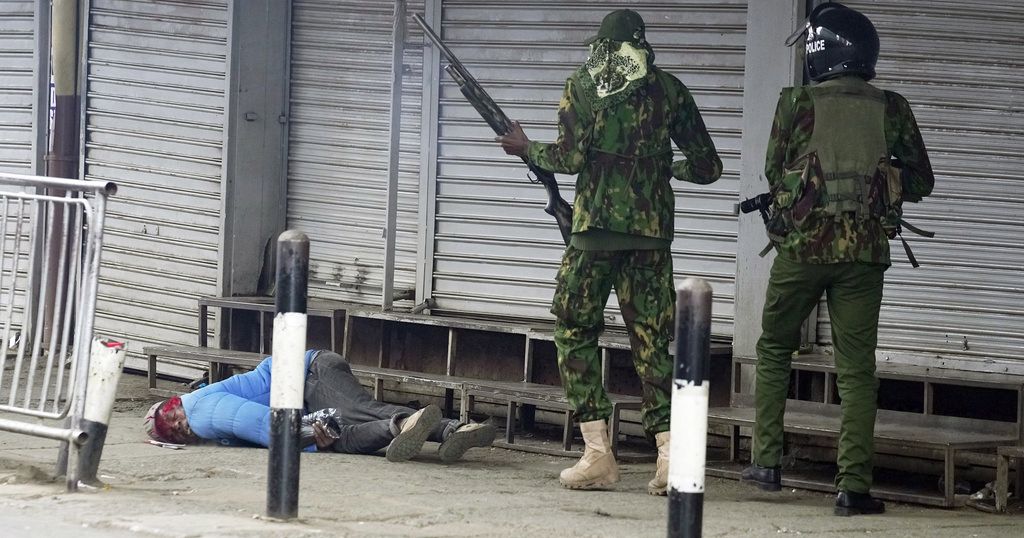Kenya Teeters on the Brink of Escalating Protests Amid Police Brutality and Unfulfilled Demands
A storm is brewing in Kenya, with protests expected to intensify in the coming days as public outrage over police brutality and unmet demands for accountability continues to simmer. According to Professor Herman Manyora, a leading political analyst and lecturer at the University of Nairobi, the situation is poised to worsen unless the government takes decisive action. Manyora’s warning comes as tensions have flared in recent days following the death of blogger Albert Ojwang while in police custody, sparking fresh demonstrations and violent confrontations with riot police in downtown Nairobi.
At the heart of the issue is the perceived leniency shown to senior police officers implicated in recent abuses. Manyora highlighted the case of Deputy Inspector General Eliud Kipkoech Lagat, who has not resigned or been fired by the president, instead opting to "step aside" – a move Manyora describes as "a very Kenyan thing." Such symbolic gestures, he argues, do little to satisfy public demands for justice. "Had he perhaps resigned or had he been arrested, then you could perhaps think that could sort of lower the temperatures," Manyora added.
The death of Albert Ojwang has become a lightning rod for public anger. Ojwang was arrested on June 6 in western Kenya for allegedly posting false information about a senior police official. While authorities initially claimed he died from injuries sustained after hitting his head against a cell wall, a post-mortem report disputed this account, fueling further outrage. Senior police officer Samson Talam, responsible for the cell where Ojwang died, has since appeared in court, with prosecutors seeking to detain him for at least 15 more days to allow further investigation.
Professor Manyora emphasized that police actions are exacerbating an already volatile situation. "Police insensitivity and brutality will act as a catalyst to make these demonstrations worse," he cautioned. "We have seen the police use live ammunition. We have seen the police use excessive force on very young people, peaceful demonstrators." Perhaps most concerning, Manyora noted, is the apparent collaboration between political actors and violent mobs. "Above all – and this is very frightening – we have seen political leadership engage goons. People out to help the government deal with the demonstrators."
As the upcoming anniversary of the June 25, 2023, demonstrations approaches, Manyora warned that tensions may boil over once again. On that day, thousands of young Kenyans, known as Gen-Zs, stormed parliament, resulting in the deaths of several protesters in the ensuing crackdown. Kenya has long struggled with police reform, despite promises from President William Ruto to end extrajudicial killings and restore public trust in law enforcement. Critics argue that little has changed on the ground, and as public frustration grows, the government faces renewed pressure to act decisively – or risk a fresh wave of unrest on the streets.
The situation in Kenya is a stark reminder of the need for accountability and reform. As the world watches, it remains to be seen whether the government will heed the warnings of analysts like Manyora and take concrete steps to address the grievances of its citizens, or if the country will slide further into chaos. One thing is certain: the eyes of the world are on Kenya, and the actions of its government will have far-reaching consequences for the future of the nation.
